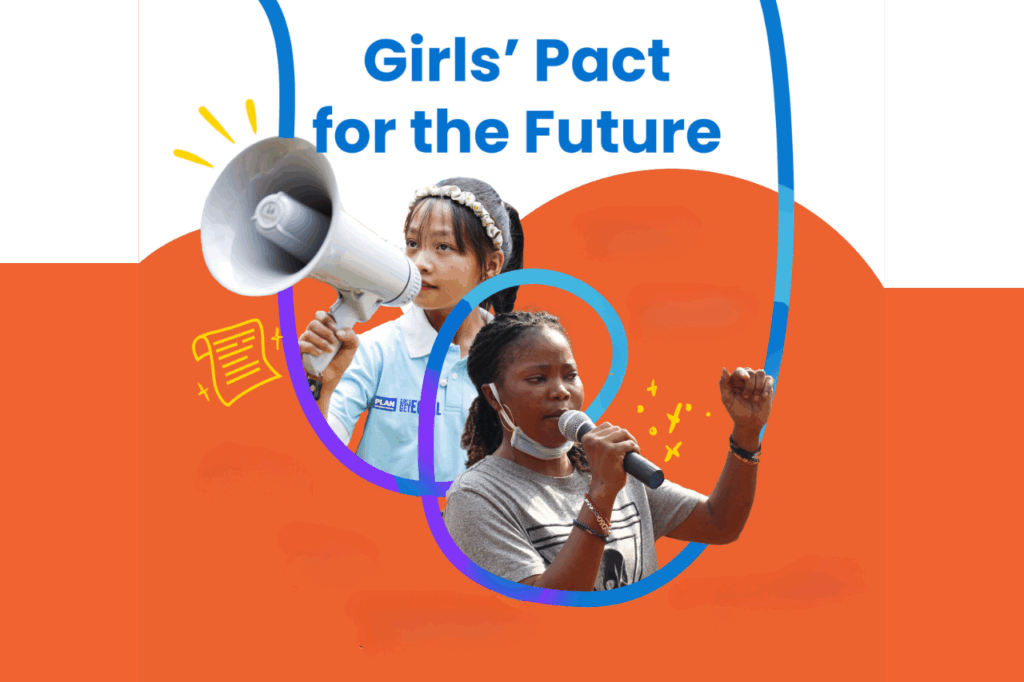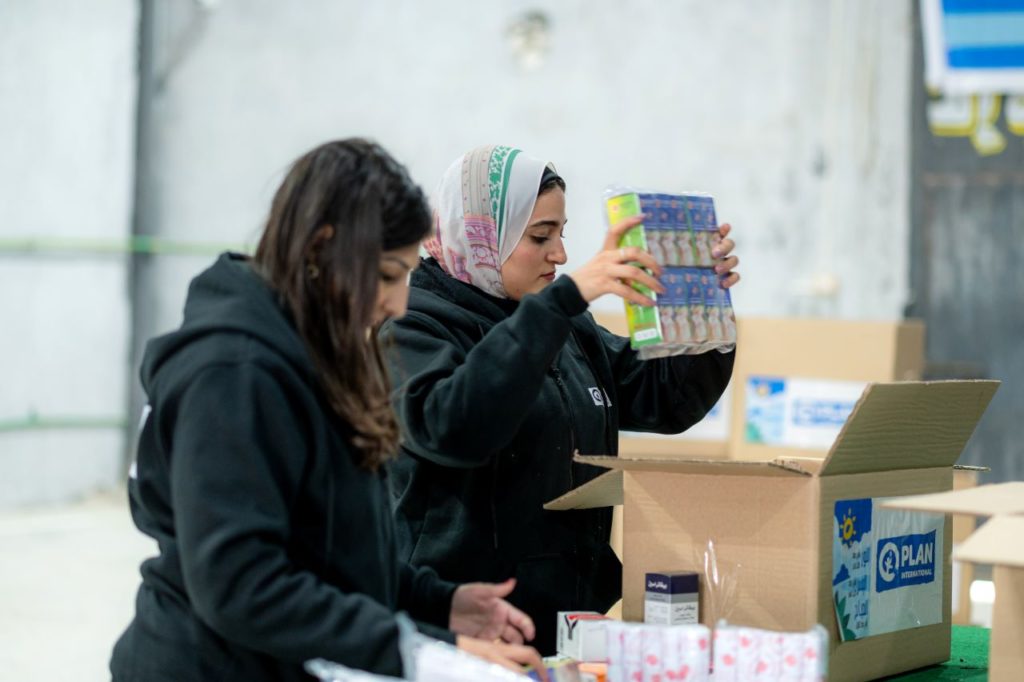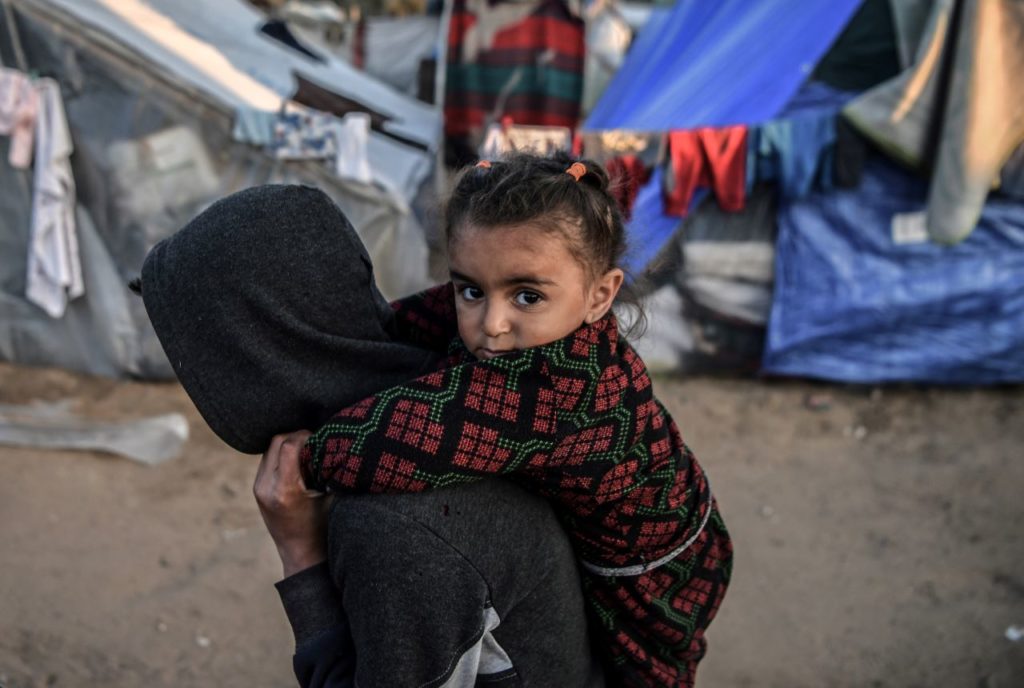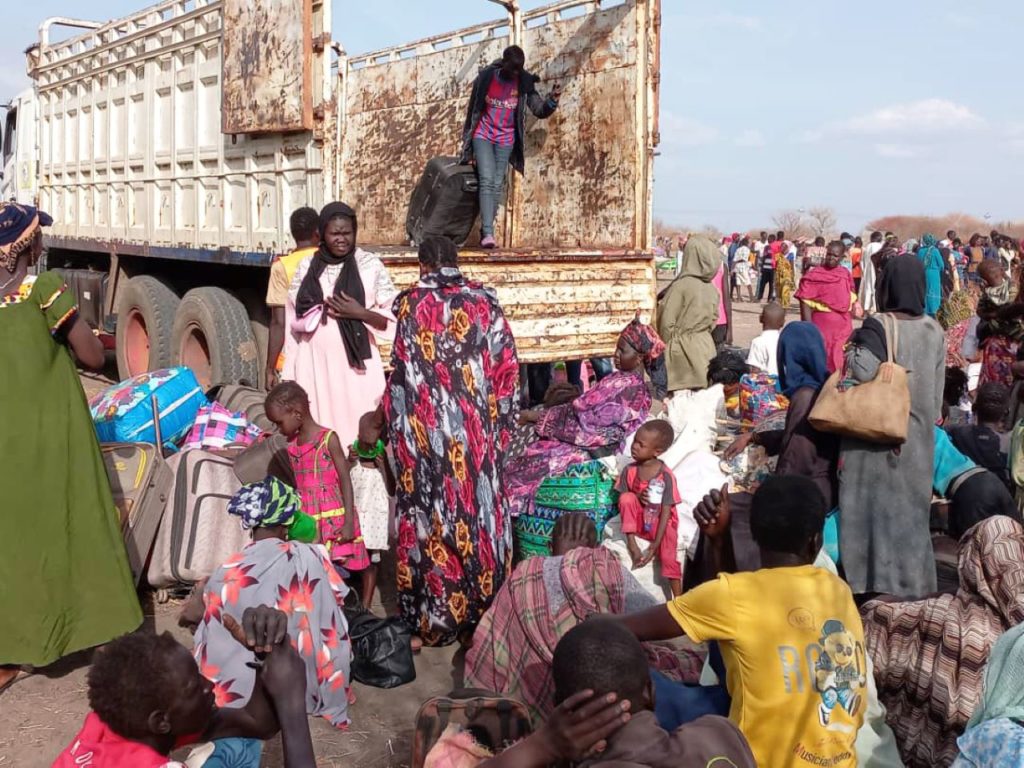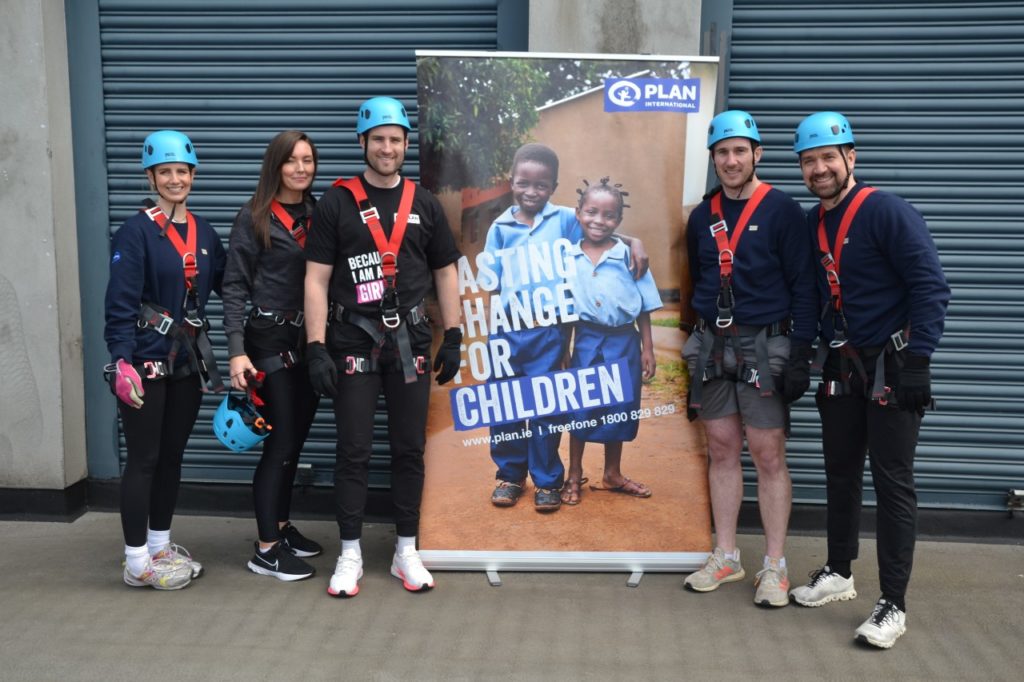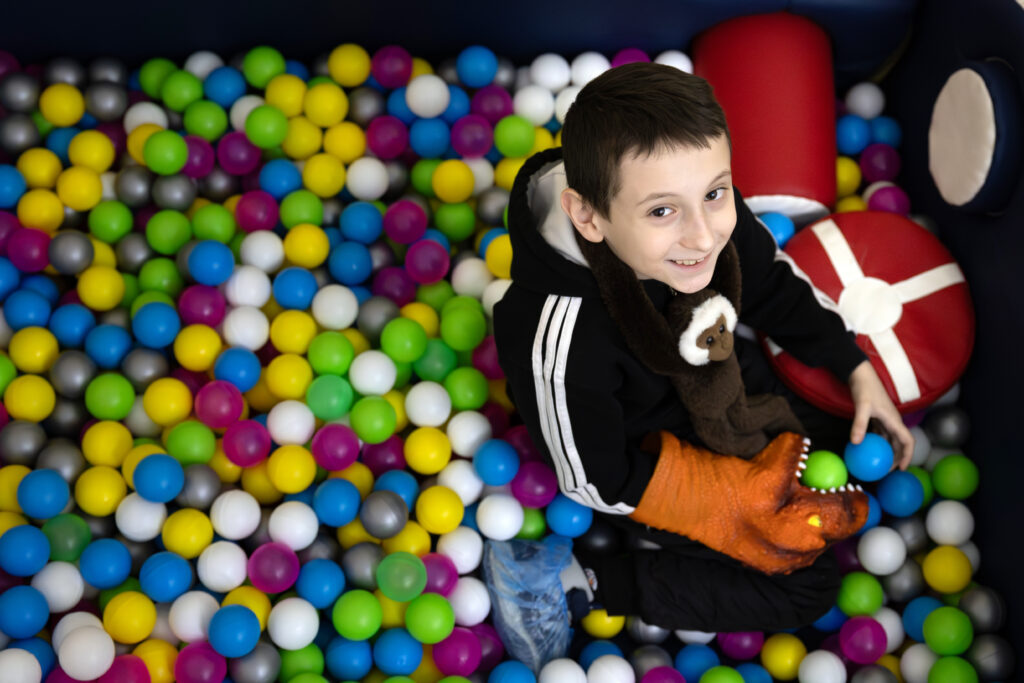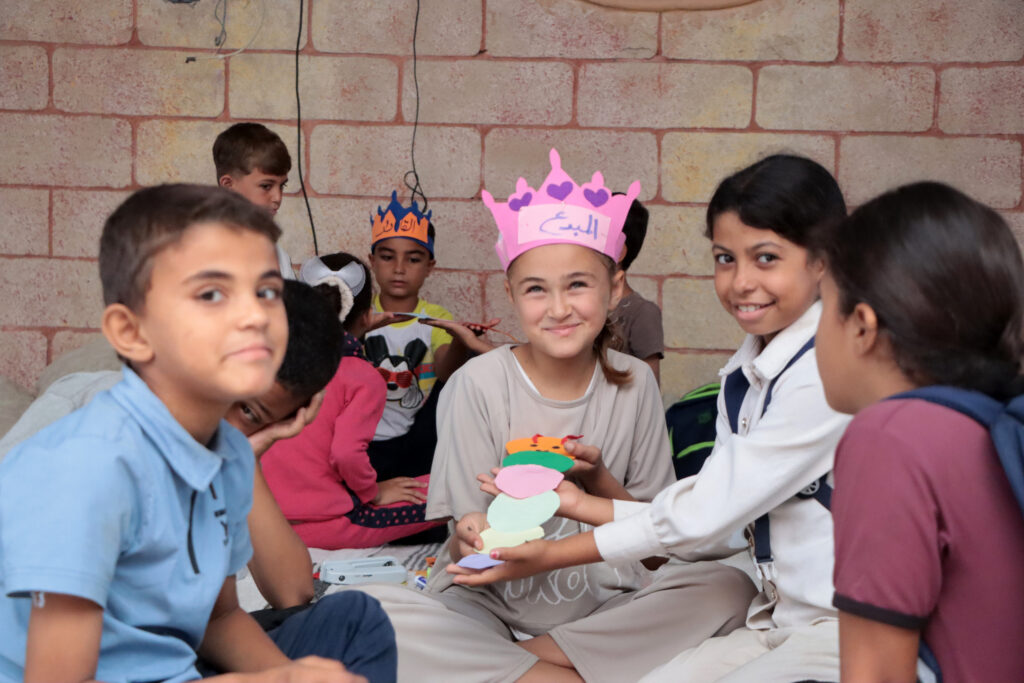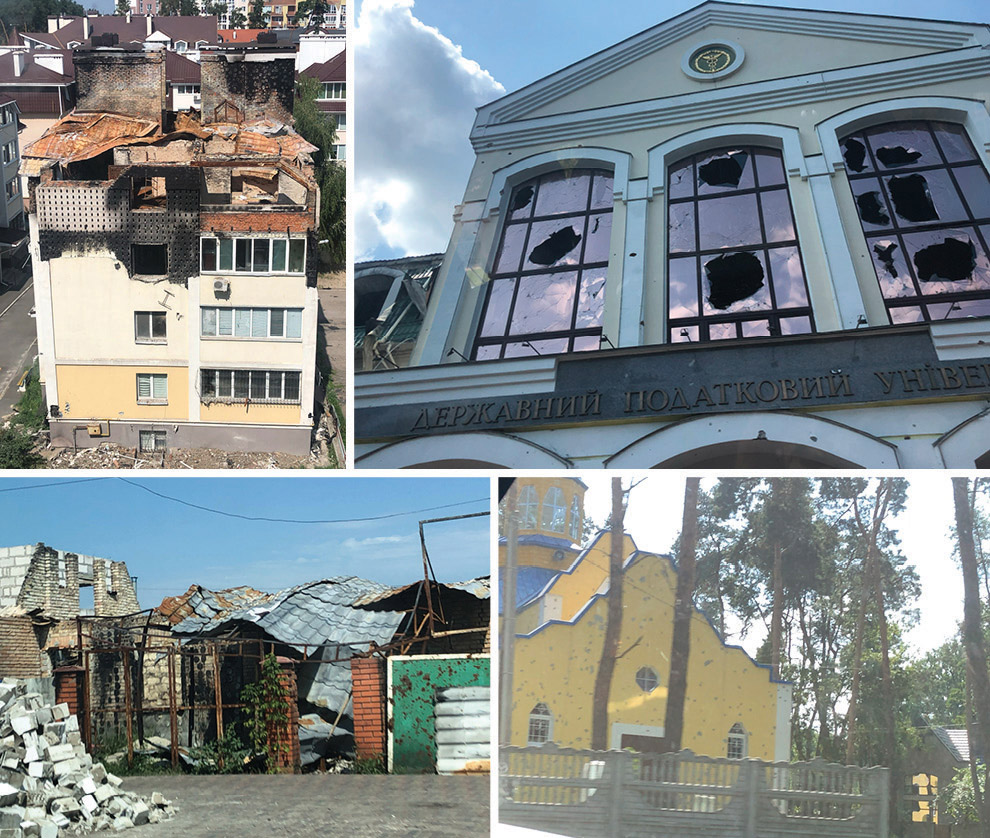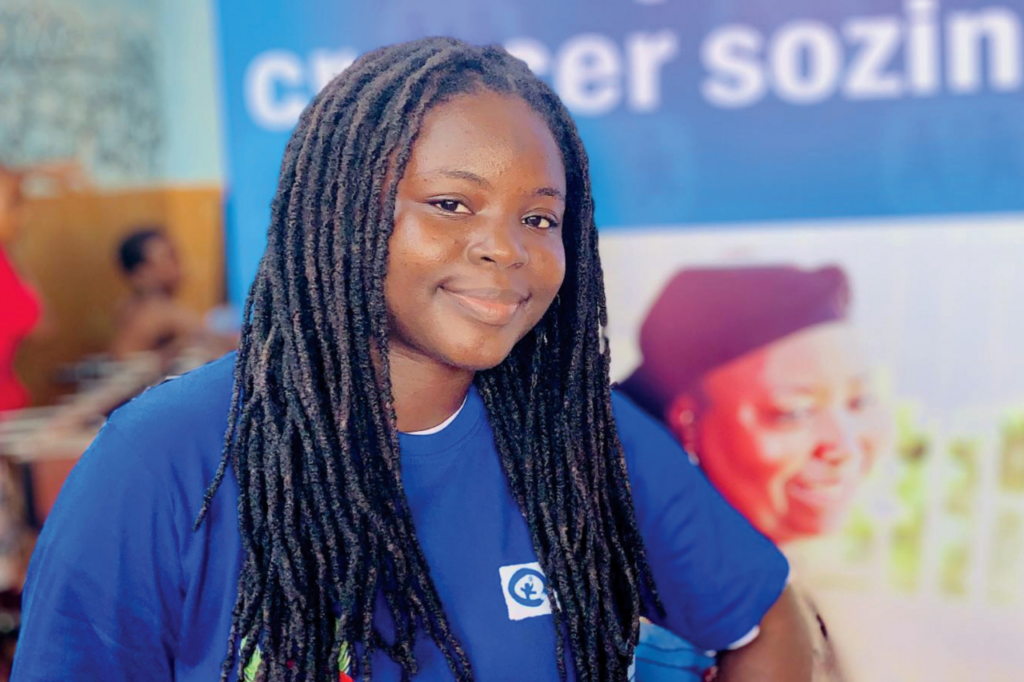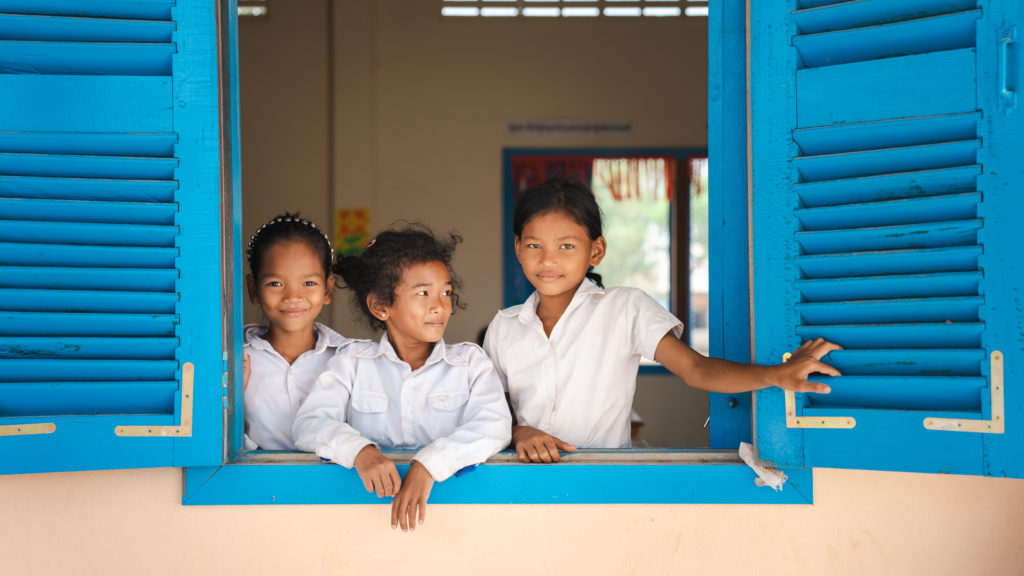Burkina Faso’s education system is facing recurrent and growing attacks by armed groups. Schools have been attacked; teachers assaulted and killed, and educational resources destroyed. On top of this, the impact of COVID-19 forced the closure of schools across the country, putting the most marginalised children at risk of losing out on learning and not returning to the classroom.
“At one point, all schools were closed which really disrupted the school calendar. Students and staff were sent home – this was not without consequence on the quality of education for children and young people. It took time to come up with alternatives to ensure children could be evaluated,” explains Amadou Billa, a programme manager for Plan International in the centre-south region.
Amadou has overseen the construction of ten new classrooms in the area between 2019 and 2021. For him, it is vital to ensure that education is accessible for all children – especially girls and other children with vulnerabilities. “This project aims to improve both the access to, and quality of, education in the area. We work to ensure that vulnerable children, especially girls – but boys too – can actually go to school.”
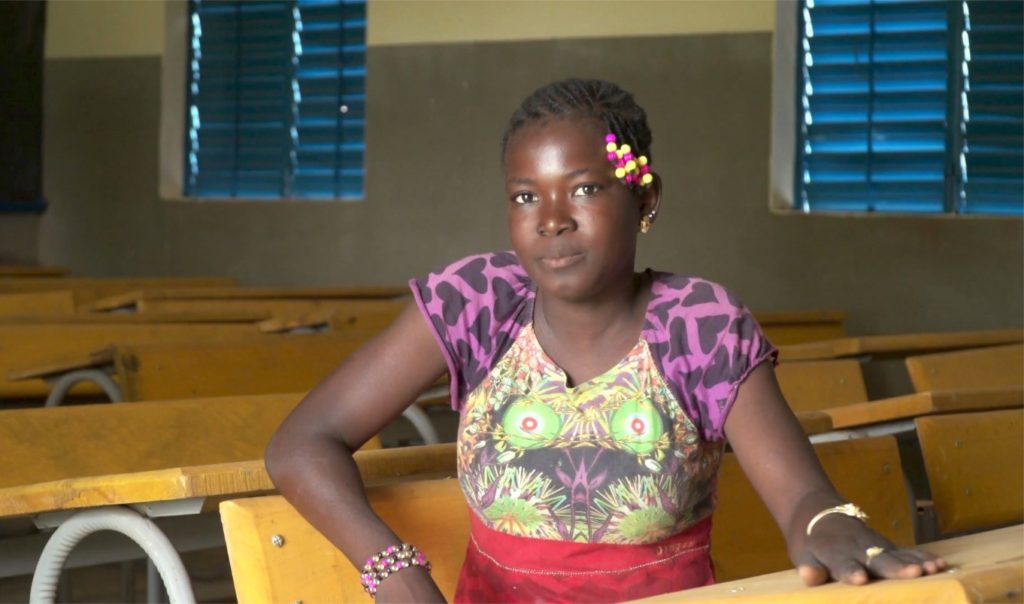
Mariéta is 15 years old. She has witnessed young people in her community dropping out of school. Some have left school because the distance was simply too far to travel, and the costs were unsustainable for their families. Others left because they were enticed by the idea of working in the capital rather than finishing their education.
When children leave school, it can be very difficult for them to ever return. This is especially true for girls, who also risk being subjected to child marriage and other forms of gender-based violence. “When I hear about the terrorists and the attacks in Kaya and other places, I am afraid when I go to school – I don’t know what might happen,” Mariéta says.
“I have friends who have dropped out of school. They say that studying is not good and that they will go to Ouagadougou to look for work instead. In my opinion, completing your studies is very important. You can have a future if you finish your studies.”
Funded via child sponsorship, Plan International has supported the building of a new post-primary school in Mariéta’s community in the centre-south region of Burkina Faso. The new school has two large classrooms and the teachers have received training to ensure they lessons are inclusive for all children, particularly girls and children with disabilities.
“Now we have a high school in our village and access is easier for us. We no longer have to travel long distances to continue our studies – we can stay here in the village. Now we have the school, we need a fountain and latrines so that we have water and use the toilet without worries,” says Mariéta.
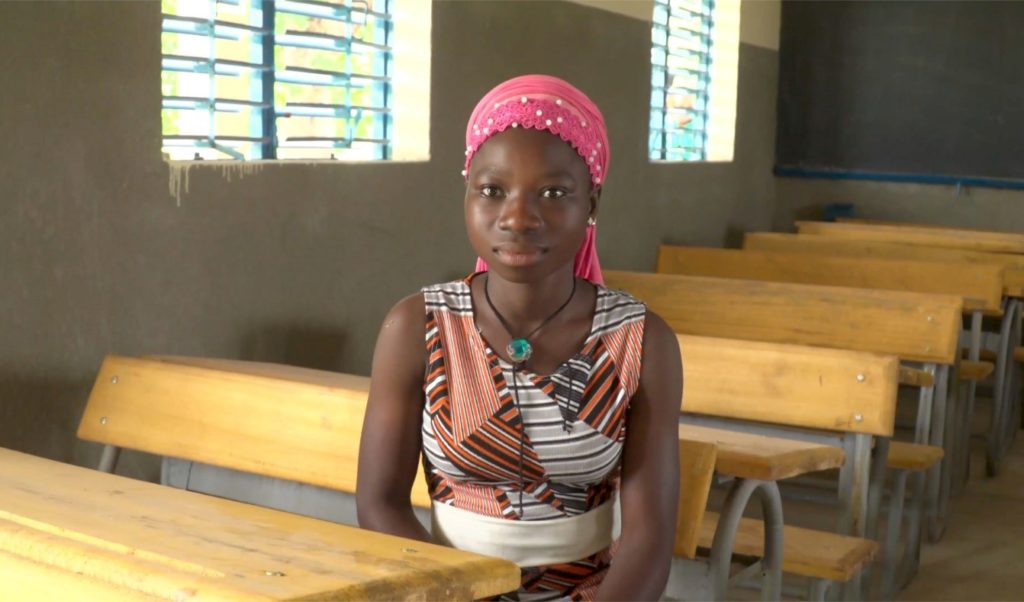
Wendpoiré is also 15 and attends the same school as Mariéta. She is delighted with the new school. “After my studies I would like to be a teacher and have money to take care of my parents. Our new classrooms are beautiful. They are also big which means they can hold a good number of students.”
To ensure children get the best educational experience, we are also strengthening the capacity of teaching and supervisory staff. This year we have trained more than 350 teachers on inclusive education, which is improving their knowledge of gender equality and taking care of children with disabilities.
“For us, development must be inclusive – we cannot leave certain sectors of society out on the fringes. We must work to be inclusive. There are many obstacles that stand in the way of girls accessing school and an education. There are parents who decide not to send a girl to school simply because she is a girl – some are expected to be responsible for households and to stay in a domestic environment. Even when a girl is in school sometimes it might be decided that she will leave school and be forced to marry,” Amadou explains.
The education project is being rolled out in all the areas where Plan International has sponsored children to ensure they are benefitting from improved access to education. Together with our partners on the ground we have also been working to reduce the negative impact of the pandemic on the teaching and learning of children and young people.
“We encounter difficulties in terms of mentality – when I say mentality, the attitudes and social norms that often prevent girls from reaching their full potential, which prevent girls from fully participating in the development of their communities as they should. Education is, first and foremost, a human right for girls,” concludes Amadou.
